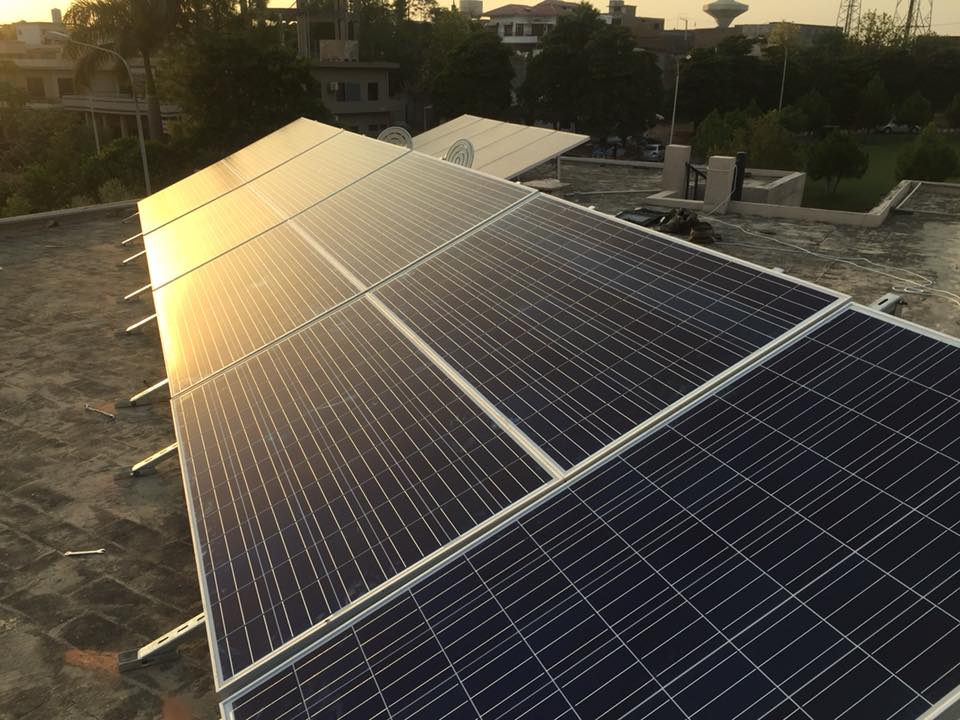During public consultations on Sept. 27, NEPRA said it wants to replace the current national average power purchase price of PKR 19.32/kWh with the national average energy purchase price of PKR 9/kWh for net-metered households that inject excess electricity into the grid.
The draft amendment initially triggered concerns that the changes could jeopardize the nation’s clean energy ambitions. But Nepra later said that “the amendment in the regulations only applies to the excess units sold by net metering consumers,” or 20,700 households across Pakistan. Nepra has yet to publicly discuss the conclusions of the consultation.
“The hearing remained inconclusive, [the] Nepra chairman closed the hearing after two hours, and several participants were left unheard,” Afia Malik, a senior research economist for the Pakistan Institute of Development Economics (PIDE), told pv magazine. “Nepra’s chairman asked [participants] to share their arguments in writing within a week,” she added.
Malik said a quantified explanation of the steep increase in price for net-metered households was expected during the hearing, but Nepra has argued that 20,700 solar system owners should see an increase of PKR 10.32/kWh for the extra units they send to the grid, as a show of solidarity with the around 36 million electricity consumers who do not have the resources to install rooftop solar.
The capacity installed under self-consumption and net metering for these 20,700 consumers is no more than 476 MW, according to Malik. Assuming a capacity factor of 19%, and given that 25% of self-generated electricity is exported to the grid, Malik expects that only 23 MW of excess capacity is exported to the grid by the consumers affected by the amendment.
Pakistan currently has more than 40,00 MW of installed power capacity, according to Nepra’s 2021-22 report. The excess 23 MW from net-metered households represent just 0.06% of the country’s total generating capacity, so it will probably not have an impact on the electricity bills of the remaining 36 million consumers.
The amendment to Pakistan’s net-metering rules is expected to discourage consumers from installing rooftop PV systems.
“The majority of consumers have a small rooftop solar system (5 kW),” said Malik. “In summer, for example, their consumption exceeds the units they produce. The rates in these hours [used to] exceed PKR 40/kWh. After the amendment and reduction in rates, the bills of consumers will increase substantially.”
This content is protected by copyright and may not be reused. If you want to cooperate with us and would like to reuse some of our content, please contact: editors@pv-magazine.com.



3 comments
By submitting this form you agree to pv magazine using your data for the purposes of publishing your comment.
Your personal data will only be disclosed or otherwise transmitted to third parties for the purposes of spam filtering or if this is necessary for technical maintenance of the website. Any other transfer to third parties will not take place unless this is justified on the basis of applicable data protection regulations or if pv magazine is legally obliged to do so.
You may revoke this consent at any time with effect for the future, in which case your personal data will be deleted immediately. Otherwise, your data will be deleted if pv magazine has processed your request or the purpose of data storage is fulfilled.
Further information on data privacy can be found in our Data Protection Policy.